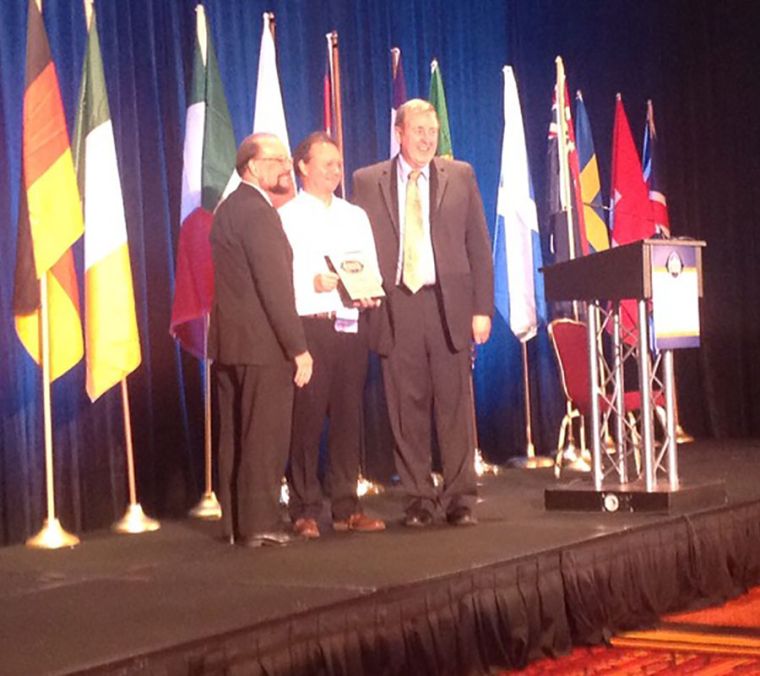What I Do
Peer led, person-centred psychological therapy
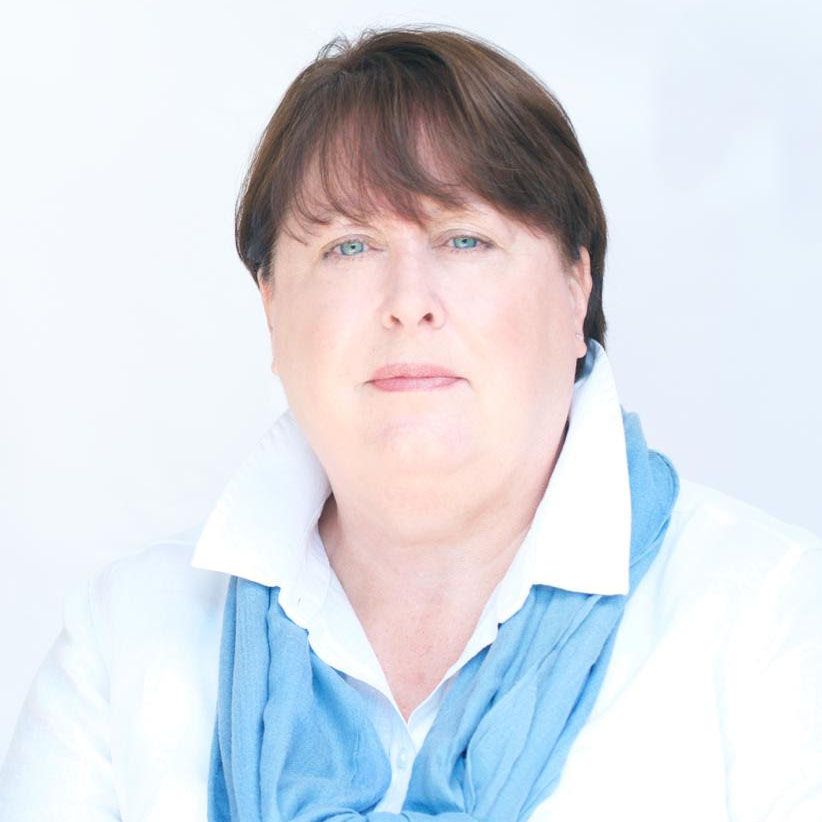
Ellie O’Connor
Ex-Borough Commander,
Metropolitan Police Service
I first met Dr John Durkin after the Grenfell Tower fire in London June 14th 2017.
I was responsible for over 500 police officers and the community devastated by this awful event. John and his team of firefighters showed remarkable expertise to help my officers offload their mental anguish in the way they did. None reported sick following their intervention and I’d expected many not to cope or else develop mental health issues. That wasn’t the case – this felt different!
Personally, John became my resource for ‘offloading’ and allowed me to lead and support my team and the Grenfell community in the harrowing months after the fire. It had claimed the lives of over 70 people and impacted hundreds, if not thousands, of others.
I am so convinced of his methods I have undertaken the same training as his team and having retired as a police officer, now plan to take what I have learned and deliver it to others.
Having suffered from depression and anxiety for years and undergone traditional treatment, I stopped seeking help within three months of this tragedy and my session with John. I have never felt so well emotionally or mentally.
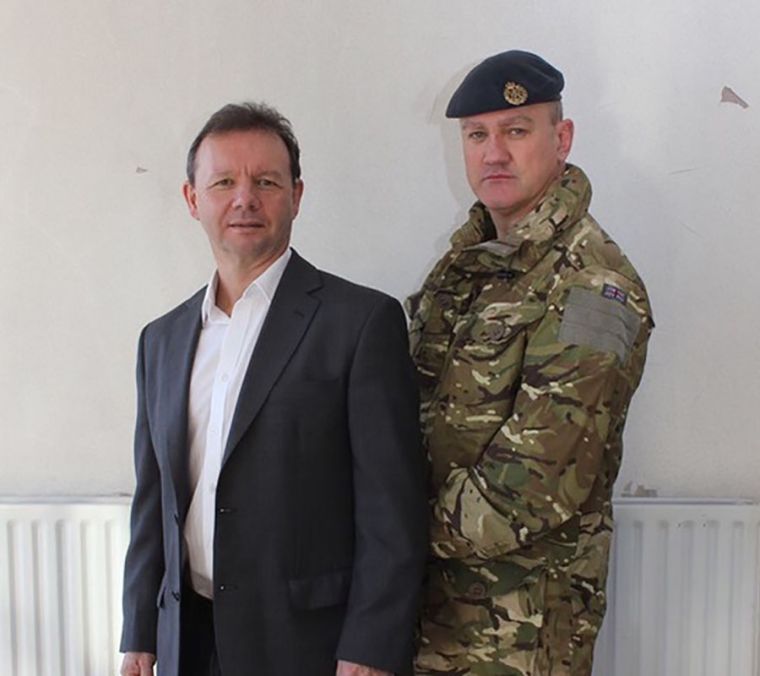
What I Do
Treating everyone in distress as honest, however they describe themselves. If they engage their coping efforts can be relaxed and their actions scrutinised at a self-determined pace, at any depth they want and examined along with the labels, diagnoses, criticism, guilt, broken-dreams, mistakes and blame that went before.
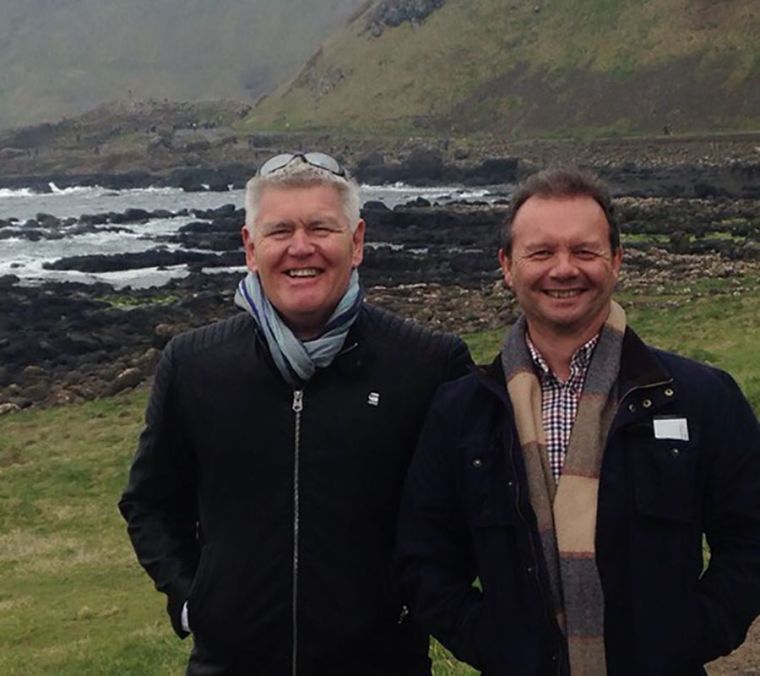
It takes as long as it takes
It seems that the distress of most traumatic experiences appear the same (e.g., PTSD symptoms) which I refer to collectively as ‘charge’. Charge is like smoke in a house-fire; it obscures the source and only when the fire is located can it be dealt with.
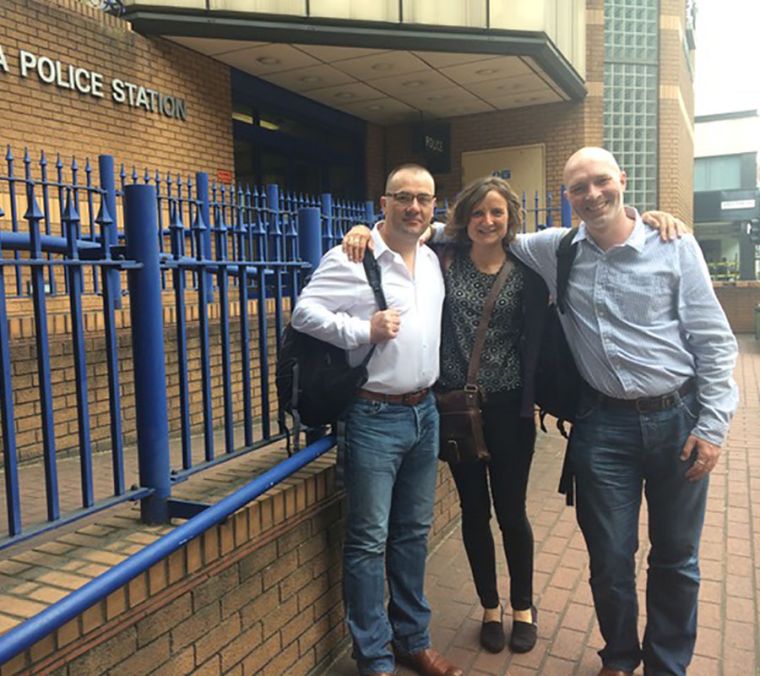
Untimed, person-centred
Unlike the formal, time-limited, clinical PTSD therapies recommended by the National Institute for Health and Care Excellence (NICE) carried out by psychologists and psychiatrists, Dr Durkin prefers untimed, person-centred methods carried out by peers.
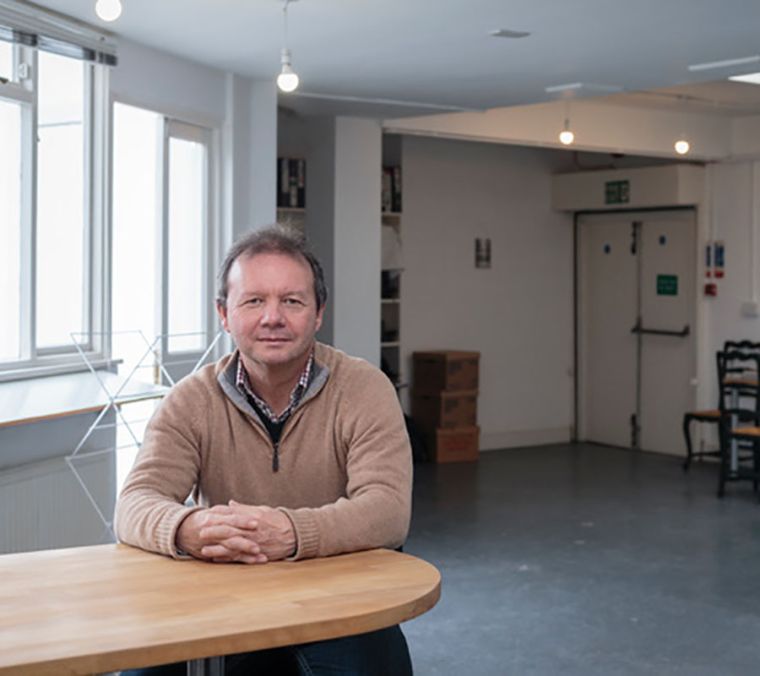
He Won’t
NICE recommends 28-days of ‘watchful waiting’ followed by referral along a clinical pathway that ends at medication. Given the side-effects and increased suicide risk from medication he draws on the Health and Safety risk assessment approach to identify, intervene and monitor all the way to resolution.
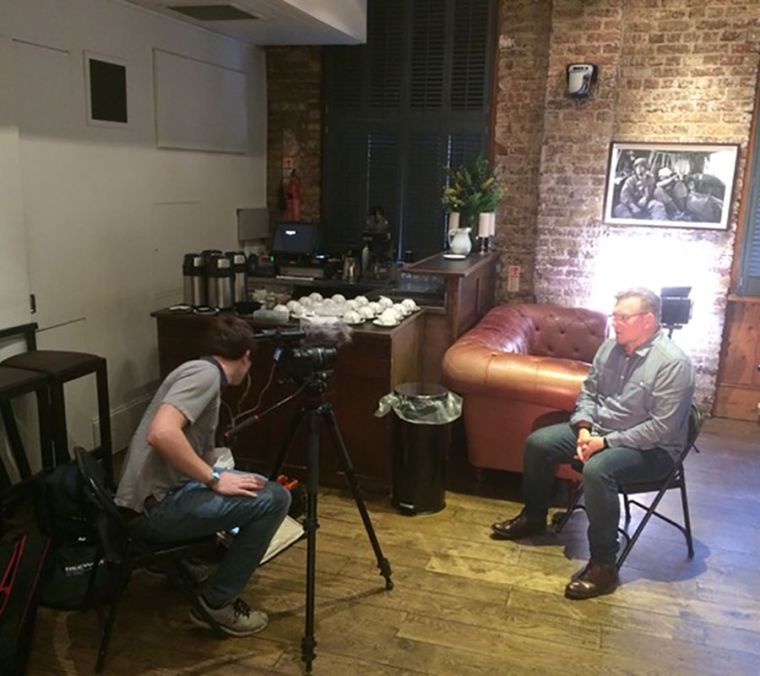
And it’s Working
To date he has seen that achieved within 28 days in all cases. His peer-led, person-centred pathway ends at posttraumatic growth; a wiser, stronger and more reflective self than the pre-trauma person ever had.
STAGE-28 Psychological Risk Assessment

RAIDS

Data Collection

Crisis Intervention

Traumatic Incident Reduction

Expanded Applications

